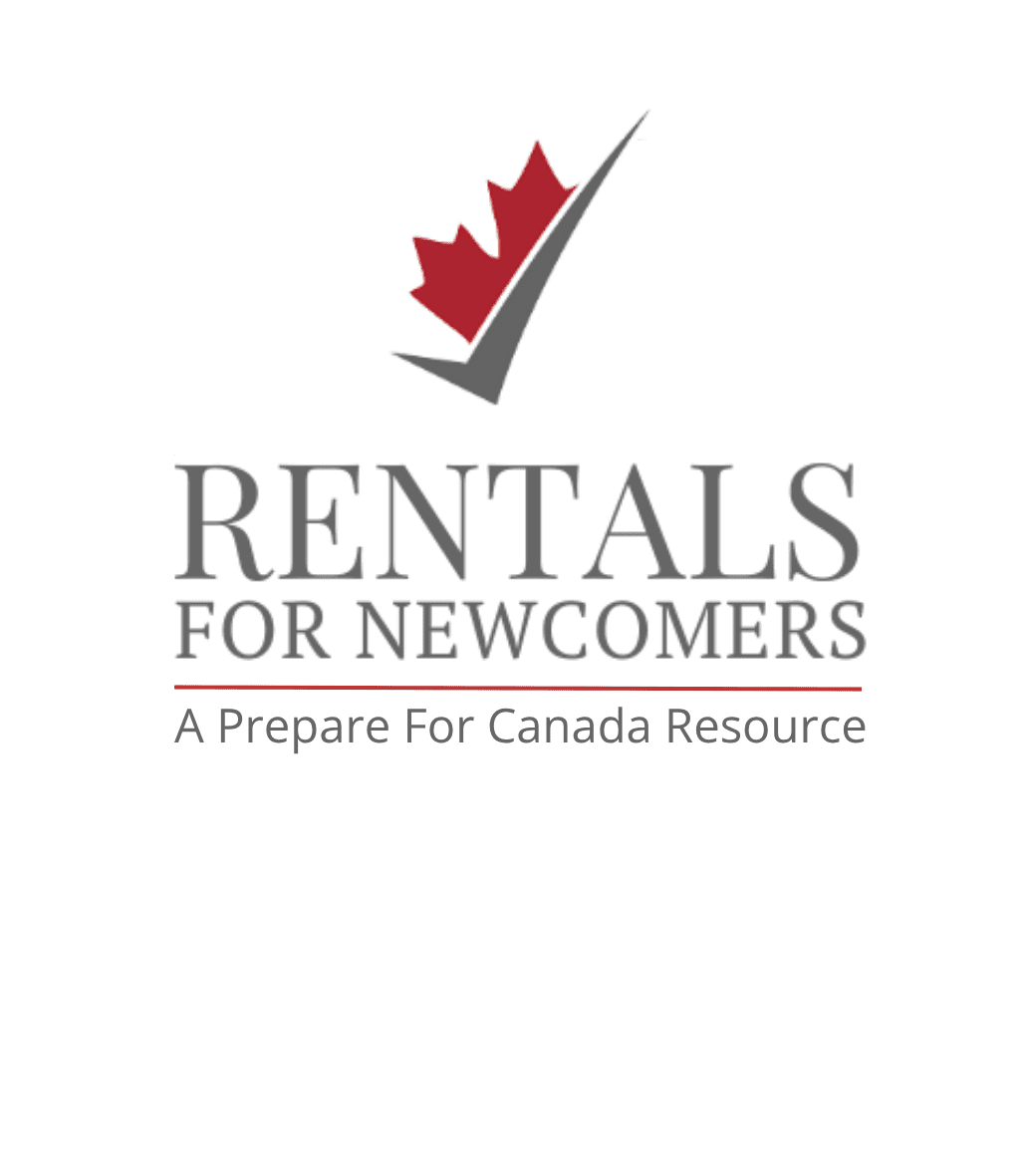-
Housing
Housing
View Topic Page-
Newcomer Settlement Journey
>
- How Can Newcomers Find the Right Home in Canada?
- What are Types of Housing in Canada?
- How Can I Find Short-Term Rentals in Canada?
- Rental Market in Canada 2026: Rent Prices, Vacancy Rates & Newcomer Outlook.
- Rental Application Tips for Newcomers in Canada to Get Approved
- Is a Basement Apartment the Right First Home in Canada?
- How Can Newcomers Avoid Rental Scams? 10 Smart Tips
- View All Posts
- Cities and Neighbourhoods >
- Housing Affordability >
- Homeownership Pathway >
- Search Rentals For Newcomers
Rentals For Newcomers
Start Your Rental SearchFind your first home in Canada with confidence. Browse rentals from landlords who want to rent to newcomers and immigrants

-
Newcomer Settlement Journey
>
-
Living
Living
View Topic Page- Settlement Services >
- Healthcare >
- Education >
- Childcare >
-
Driving
>
- Driving in Canada: 10 Essential Facts to Know
- Getting Your Driving License in Canada
- Getting Your Driving License in Vancouver, BC
- Learning to Drive in Canada as a Newcomer
- Driving Test in Canada: A Full Guide
- Car Seats for Children: What You Must Know
- Winter in Canada | Tips for Safe Driving
- 7 Tips to Save on Fuel this Summer
- Buying a Used Car in Canada | What You Need to Know
- Utilities >
-
Life in Canada
>
- Statutory Holidays in Canada | A Guide for Newcomers
- Celebrating Canadian Black History
- Is Family Day a Statutory Holiday in Canada?
- Saint Patrick's Day: When Canada Goes Green
- Easter in Canada: Celebrations and Traditions
- Earth Day Canada: Discover its History & Activities to Join
- Mother's Day Canada | Creating Special Memories
- Celebrating Happy Father's Day in Canada
- Canada Day 2024! Celebrating Canada's 157th Birthday
- View All Posts
Our Partners
Start Right in Canada
Join the Scotiabank StartRight Program designed for Newcomers and get up to $2,300* in value in the first year.Get Started
-
Working
Working
View Topic PageOur Partners
Start Right in Canada
Join the Scotiabank StartRight Program designed for Newcomers and get up to $2,300* in value in the first year.Get Started
-
Managing Money
Managing Money
View Topic PageOur Partners
Start Right in Canada
Join the Scotiabank StartRight Program designed for Newcomers and get up to $2,300* in value in the first year.Get Started
-
Immigrating
Immigrating
View Topic PageOur Partners
Start Right in Canada
Join the Scotiabank StartRight Program designed for Newcomers and get up to $2,300* in value in the first year.Get Started
-
Studying
Studying
View Topic PageOur Partners
Start Right in Canada
Join the Scotiabank StartRight Program designed for Newcomers and get up to $2,300* in value in the first year.Get Started
-
Resources
Resources
View Topic PageOur Partners
Start Right in Canada
Join the Scotiabank StartRight Program designed for Newcomers and get up to $2,300* in value in the first year.Get Started
- Partners
-
HousingView Topic Page
- Newcomer Settlement Journey
- Cities and Neighbourhoods
- Housing Affordability
- Homeownership Pathway
- Search Rentals For Newcomers
Rentals For Newcomers
Start Your Rental SearchFind your first home in Canada with confidence. Browse rentals from landlords who want to rent to newcomers and immigrants

-
LivingView Topic Page
Our Partners
Start Right in Canada
Join the Scotiabank StartRight Program designed for Newcomers and get up to $2,300* in value in the first year.Get Started
-
WorkingView Topic Page
- Career Pathways
- Credential Recognition
- Skills Assessment
- Employment Services
- Job Search
- Canadian-Style Resume
Our Partners
Start Right in Canada
Join the Scotiabank StartRight Program designed for Newcomers and get up to $2,300* in value in the first year.Get Started
-
Managing MoneyView Topic Page
Our Partners
Start Right in Canada
Join the Scotiabank StartRight Program designed for Newcomers and get up to $2,300* in value in the first year.Get Started
-
ImmigratingView Topic Page
- How to Immigrate to Canada
- What is Express Entry Canada
- PR Process in Canada: Common Ways to Immigrate
- Startup Visa Canada: Another Route to PR
- Canada Permanent Resident Immigration Fees Increase
- Documents to Carry to Canada for PR
Our Partners
Start Right in Canada
Join the Scotiabank StartRight Program designed for Newcomers and get up to $2,300* in value in the first year.Get Started
-
StudyingView Topic Page
Our Partners
Start Right in Canada
Join the Scotiabank StartRight Program designed for Newcomers and get up to $2,300* in value in the first year.Get Started
-
ResourcesView Topic Page
Our Partners
Start Right in Canada
Join the Scotiabank StartRight Program designed for Newcomers and get up to $2,300* in value in the first year.Get Started
- Partners